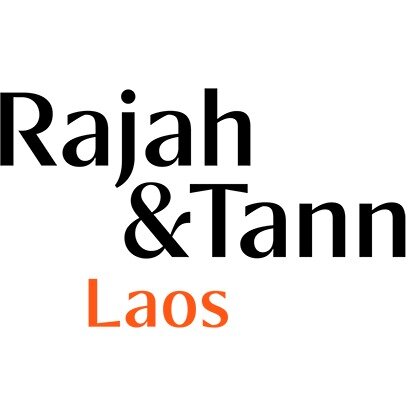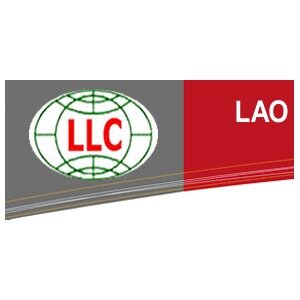Best Copyright Lawyers in Laos
Share your needs with us, get contacted by law firms.
Free. Takes 2 min.
Or refine your search by selecting a city:
List of the best lawyers in Laos
About Copyright Law in Laos
The copyright law in Laos evolved to align with international standards following Laos' accession to the World Trade Organization (WTO) in 2013. As a direct result, the Law on Intellectual Property No. 38/NA of 13 November 2007 (IP Law) was amended to broaden and strengthen copyright protection. The IP Law covers a wide range of categories under copyright, including literature, art, scientific works, and associated rights.
Why You May Need a Lawyer
Understanding and navigating intellectual property laws can be intricate and complex, particularly if you are dealing with international regulations. You may need a lawyer to clarify your rights as a creator, file a copyright application, or to take legal action if your copyright is infringed. Lawyers can also assist in drafting contracts that ensure your intellectual property rights are protected when you work with publishers or production companies.
Local Laws Overview
According to the IP Law in Laos, copyright protection is provided for the life of the author plus fifty years following death, mirroring international standards. The party that owns the rights to a work does not need to register to receive copyright protection. However, registration can serve as legal evidence in the case of disputes. Laos also recognizes moral rights of the author such as the right to claim authorship of the work and the right to object to any derogatory action towards their work.
Frequently Asked Questions
What type of works does copyright in Laos protec?
Copyright protection in Laos covers literary, scientific, and artistic domains. This includes books, music, films, paintings, and computer programs among others.
How long does a copyright protection last in Laos?
The duration of copyright protection in Laos is for the life of the author plus fifty years following death. This applies to both published and unpublished works.
Do I need to register for copyright protection?
While copyright protection is automatic in Laos, registration can valuable as it serves as legal evidence in case of disputes.
Can I enforce my foreign copyright in Laos?
Through the Berne Convention, of which Laos is a member, foreign copyrights are recognized and can be enforced in Laos.
How does copyright infringement look like?
Copyright infringement typically involves the unauthorized use, reproduction, or distribution of a copyrighted work. This can include using copyrighted music without permission or distributing pirated software.
What can I do if my copyright is violated?
If your copyright is violated in Laos, you can file a complaint with local authorities or take legal action against the infringer. It's recommended to consult with a lawyer to explore your options.
Additional Resources
The Department of Intellectual Property (DIP) under the Ministry of Science and Technology is the main agency responsible for intellectual property issues in Laos. You might also find it useful to consult publications and resources from the World Intellectual Property Organization (WIPO) to understand international norms and practices.
Next Steps
If you believe your copyright has been infringed, contact a reputable local lawyer who specializes in intellectual property law. They can guide you through the process of protecting your rights and pursuing legal action if necessary. It's also important to keep a record of your work and any contracts or agreements related to your copyright.
Lawzana helps you find the best lawyers and law firms in Laos through a curated and pre-screened list of qualified legal professionals. Our platform offers rankings and detailed profiles of attorneys and law firms, allowing you to compare based on practice areas, including Copyright, experience, and client feedback.
Each profile includes a description of the firm's areas of practice, client reviews, team members and partners, year of establishment, spoken languages, office locations, contact information, social media presence, and any published articles or resources. Most firms on our platform speak English and are experienced in both local and international legal matters.
Get a quote from top-rated law firms in Laos — quickly, securely, and without unnecessary hassle.
Disclaimer:
The information provided on this page is for general informational purposes only and does not constitute legal advice. While we strive to ensure the accuracy and relevance of the content, legal information may change over time, and interpretations of the law can vary. You should always consult with a qualified legal professional for advice specific to your situation.
We disclaim all liability for actions taken or not taken based on the content of this page. If you believe any information is incorrect or outdated, please contact us, and we will review and update it where appropriate.
Browse copyright law firms by city in Laos
Refine your search by selecting a city.











